The Other Perspective (TOP) Project
Introduction
In partnership with the European Commission, the Initiative for Equal Rights (TIERs) implemented a series of activities under “The Other Perspective Project” in various cities and towns in Nigeria, where individuals from diverse backgrounds shared their personal stories and experiences with the public.
TOP-Project focused on promoting understanding and tolerance among different communities through adopting the Living Library and legislative theatre approach to human rights advocacy.
During the project cycle, five staff members of TIERs periodically attended virtual and physical training with other youth workers and human rights defenders from across the Balkans, East Africa, and Sothern Africa. The convenings were in Uganda, Romania, and Serbia. In Uganda, participants were introduced to the living library method and the expectations of the projects. In contrast, In Romania, participants were trained in applying legislative Theatre to human rights advocacy. Finally, in Serbia, participating partners discussed the project’s success, constraints, and possible future.
Living Library
A “Living Library” is a program in which individuals from marginalized or underrepresented groups share their stories and experiences with community members in an interactive format. The goal is to promote understanding, empathy, and dialogue between different groups.
The format of a Living Library event can vary, but it often involves participants “borrowing” a “book” (i.e., a person) for a brief conversation or Q&A session. The “books” are individuals who have experienced discrimination or marginalization in some way, and they share their stories with the “readers” (i.e., the event participants). The goal is to promote empathy and understanding and to challenge stereotypes and prejudices.
TIERs implemented five Living library events across Lagos, Abuja, and Delta State. Two hundred thirty-one readers were reached with 29 books telling stories of discrimination, marginalization, empowerment, self-love and acceptance, and the like. Readers were made up of State and non-State Actors; State Actors included staff members of the National Human Rights Commission.
Legislative Theatre
Evaluations from the sessions revealed that participants were able to have meaningful and enlightening conversations with the “books” and gained a new perspective on the challenges faced by different communities. The event also helped to break down stereotypes and promote understanding and respect among other groups.
Legislative Theatre is a community-based theatre method that aims to engage citizens in the democratic process by having them actively participate in the creation and performance of plays that address local issues and concerns. Brazilian theatre director Augusto Boal developed the method in the 1970s to address the lack of representation of marginalized communities in the political system. The process typically begins with community members identifying issues they would like addressed and then working with theatre professionals to develop a script and perform it for local legislators, government officials, and the public. The goal is to use the medium of Theatre to raise awareness of important issues and to empower citizens to take action to bring about change.
TIERs implemented two Legislative Theatre events in Lagos State. One hundred ninety-seven audience members were reached through this approach. In the first play, Volunteer actors depicted the difficulty accessing healthcare experienced by LGBTQI+ persons in Nigeria, while the second play depicted the incessant stereotyping, arrest, and abuse of gender non-conforming young people in Nigeria by Law enforcement agencies. Following the acting by actors, the facilitators engaged the audience in interactive sessions where they discussed the depicted social issue, interacted with the actors, and came up with policy recommendations to prevent further cases of the problems depicted.
The process of drafting legislation was handled with care and thoughtfulness. Participants were allowed to voice their concerns and share their personal experiences, which helped inform the drafting process. The facilitators also provided resources and information to help the group understand the legal and political context of the issues they were addressing.
Conclusion
Overall, The Other Perspective Project implemented by TIERs was a huge success. It not only engaged the community in a meaningful and productive way, but it also helped to create a sense of empowerment and agency among the volunteers and participants. It is exciting to see the impact that this event will have on our city and the lives of those who participated. These two approaches to Human Rights advocacy are now integral parts of human rights programming at TIERs; stay tuned to the initiative’s social platforms to be updated on the next Living Library and Legislative Theatre details.
Olufunso A. K.
Program Officer
Research and Knowledge Management Dept.
The Initiative for Equal Rights
